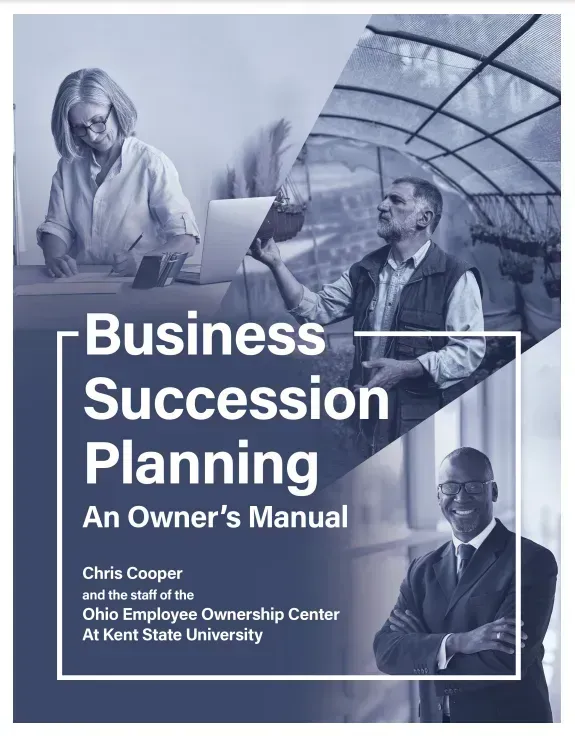Employee Ownership:
A Proven Strategy for Economic Resilience
Tennessee's resource for all things Employee Ownership
The Tennessee Center for Employee Ownership (TNCEO) works with business owners and entrepreneurs at all stages of the business lifecycle (from startup to succession) to explore how shared ownership builds more profitable and competitive businesses, better jobs and an engaged workforce, and more prosperous and resilient local economies.
The Impact of Employee Ownership
According to a 2017 study by the National Center for Employee Ownership young workers at
employee-owned companies benefit in the following ways:
33%
Higher Median
Income from Wages
92%
Higher Median
Household Wealth
53%
Longer Median
Job Tenure
EXPLORE THE BENEFITS
OF EMPLOYEE OWNERSHIP
Watch the video to hear directly from the 5by5 Agency team
about what this means for their future and the broader employee ownership movement.
Why is this a key moment for employee ownership in TN?
Employee ownership is a business model in which employees collectively own a percentage of the business for which they work. Two of the main forms are Employee Stock Ownership Plans (ESOPs) and worker cooperatives. In both, employees are given a financial stake in the business. As the business prospers, employees prosper.
Over the next 10 years, more than 2.4 million U.S. businesses owned by retiring baby boomers will change hands or dissolve
More than half of all small business owners do not have a succession plan
Many businesses will be sold and leave the state of TN, or close their doors permanently, resulting in lost jobs, tax base, and community impacts
Why consider employee ownership?
It is an ownership succession plan that preserves jobs and community impacts, while giving the selling shareholders preferred tax treatment
It is a proven strategy for employee recruitment and retention
When employees have a stake in the company’s success, everyone benefits
How can the Tennessee Center for Employee Ownership help?
The TNCEO’s mission is to educate business owners and their advisors (lawyers, bankers, accountants, wealth advisors) on the benefits of employee ownership via ESOPs, worker cooperatives, and Employee Ownership Trusts (EOTs). TNCEO provides resources, case studies and articles, and a list of service providers who can assist with employee ownership transitions. TNCEO serves the entire state of Tennessee.
Business Succession Planning
Get our free guide to Business Succession Planning and secure your company's future after your exit. Learn exit planning strategies and gain the knowledge and skills to prepare your business for a successful transition.




